Free Online Docker Courses and Certifications 2024
Docker is a powerful tool for creating, deploying, and running applications. It is suitable for developers, DevOps engineers, and system administrators. Courses related to Docker include Docker Fundamentals, Docker for Developers, and Docker for System Administrators.
Popular Courses
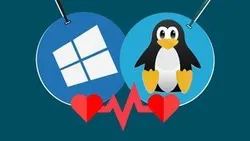
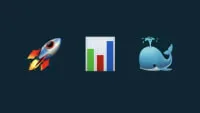

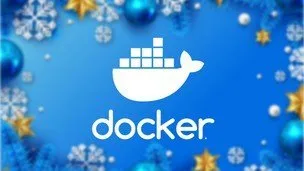
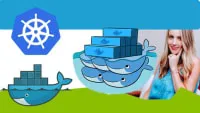
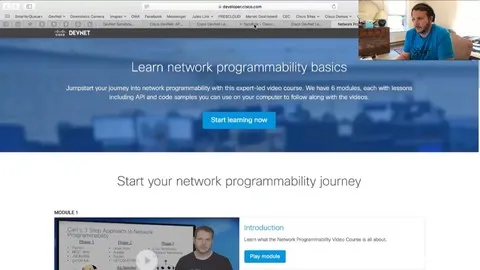
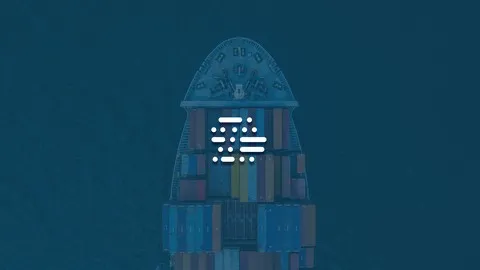
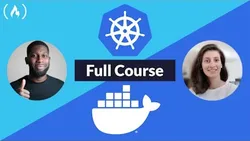
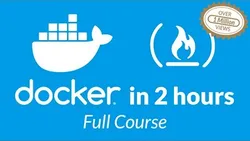
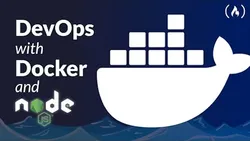
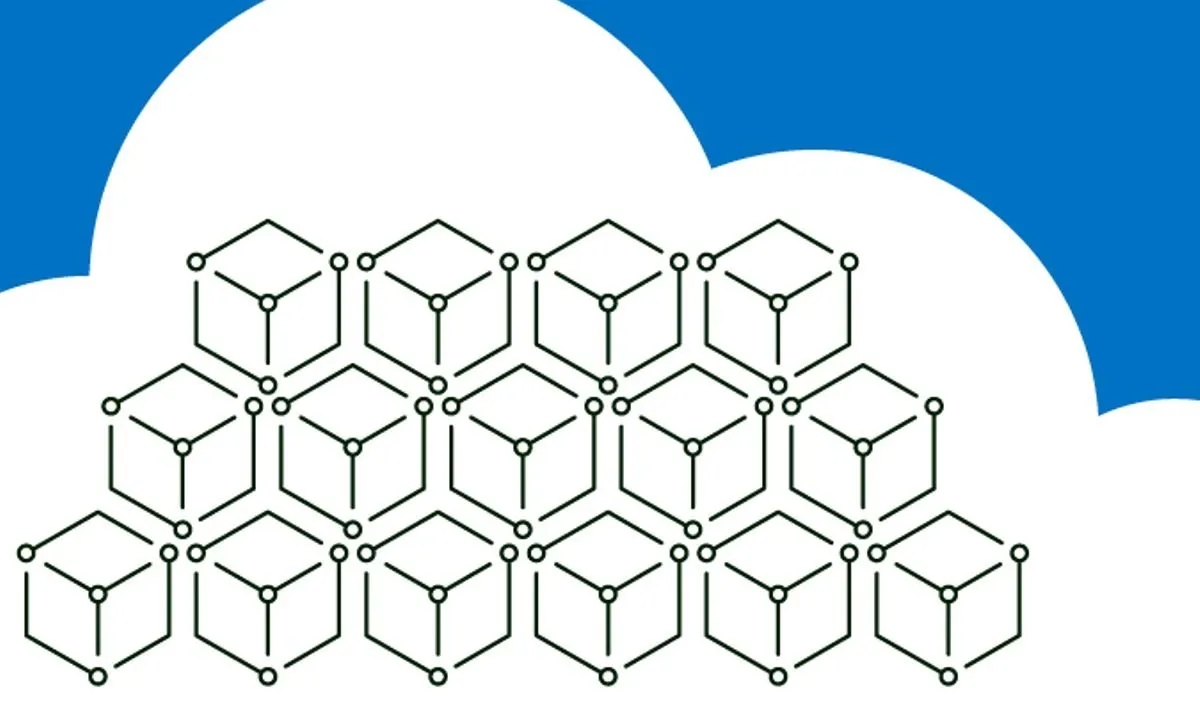
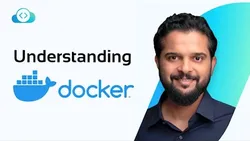
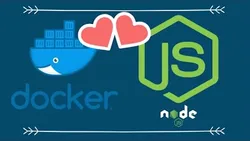
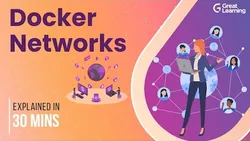
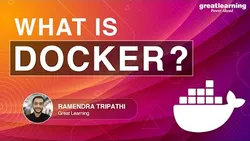
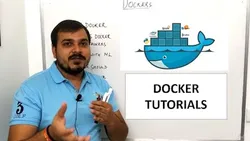
Docker Courses
Career Trends
Career Prospects | Average Salary | Position Overview |
Software Engineer | $166,416 per year | Software engineers design and develop a wide range of software solutions, including web applications, mobile apps, robots, operating systems, and network systems, that fulfill their companies' requirements and meet their expectations. |
Consultant | $121,360 per year | Consultants provide professional advice and specialized knowledge to client organizations to enhance their business performance. |
Senior Product Manager | $149,388 per year | As a Senior Product Manager, your responsibilities include developing and executing product strategies that align with the company's vision. You will gather and analyze feedback from customers, stakeholders, and other teams to shape product requirements, features, and final products. |
Java Engineer | $125,145 per year | A Java engineer is responsible for developing applications and software using the Java programming language. They collaborate with other software engineers, web developers, and stakeholders to create business applications, websites, and other software solutions using Java. As a Java engineer, they are responsible for ensuring the software is functional, efficient, and meets the project requirements. |
Educational Paths
1. Docker Documentation: Docker's official documentation is a great place to start learning about Docker. It includes tutorials, guides, and reference materials.
2. Docker Fundamentals: This is a training course offered by Docker that covers the basics of Docker, including containerization, images, networking, and orchestration.
3. Docker Mastery: This is another training course offered by Docker that covers more advanced topics such as deploying Docker in production, using Docker Compose, and using Docker with AWS.
4. Docker Certification: Docker offers a certification program that validates your Docker skills and knowledge.
5. Community Resources: There are many community resources available online, such as blogs, forums, and YouTube videos, that can help you learn Docker
Frequently Asked Questions and Answers
Q1: How do I start Docker?
If you are not using Ubuntu 20.04, the prerequisites for starting Docker may vary. Generally, you will need to install Docker on your system before you can use it. To do this, you can use a package manager such as apt or yum. Once Docker is installed, you can execute the Docker command without sudo privileges by adding your user to the docker group. After that, you can use the Docker command to work with Docker images and run Docker containers. Finally, you can manage your Docker containers using various commands.
Q2: How to get started with Docker on Windows?
To get started with Docker on Windows, begin by signing in to the Docker Hub with the command 'docker login -u <username>'. Then, use the command 'docker tag getting-started <username>/getting-started' to give the getting-started image a new name. Finally, use the command 'docker push <username>/getting-started' to push your container.
Q3: What is Docker and when to use it?
Docker is a powerful tool for virtualization, portability, version control, isolation, and container composition. It allows us to ship our application code and environment in a Dockerfile, while also keeping track of changes in our Docker file. Additionally, Docker provides isolation for our applications, allowing us to run multiple applications on the same server without them interfering with each other. This makes it an ideal choice for data centers, as it allows us to maximize the use of our servers. Furthermore, Docker Compose allows us to easily compose multiple containers into a single application, making it easier to manage and deploy complex applications. All in all, Docker is a great choice for any organization looking to maximize their server resources and simplify their application deployment process.
Q4: What is Docker and why it is used?
Docker is a software platform that facilitates the rapid building, testing, and deployment of applications. It accomplishes this by encapsulating software into standardized units known as containers, which encompass all the essential components required for the software to operate, including libraries, system tools, code, and runtime.
Q5: Is Docker just a VM?
A Docker container represents a self-contained software package containing the application, its necessary dependencies, and configurations. Unlike virtual machines (VMs), Docker containers do not initiate their separate guest operating systems; instead, they operate on the host operating system, a process facilitated by a container engine.
Q6: What Docker courses can I find on AZ Class?
On this page, we have collected free or certified 456 Docker online courses from various platforms. The list currently only displays up to 50 items. If you have other needs, please contact us.
Q7: Can I learn Docker for free?
Yes, If you don’t know Docker, we recommend that you try free online courses, some of which offer certification (please refer to the latest list on the webpage as the standard). Wish you a good online learning experience!
ADVERTISEMENT
